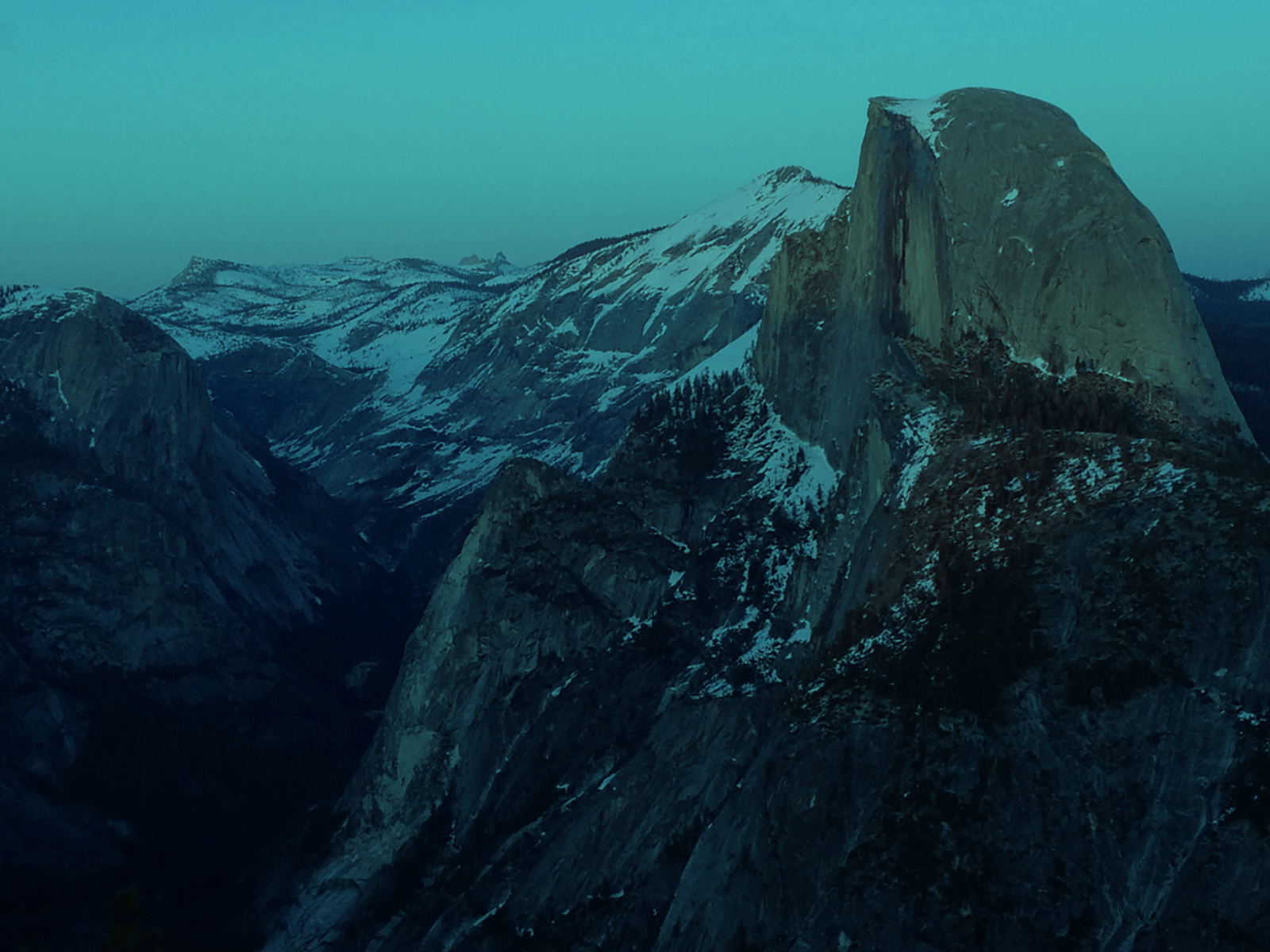The Sound of The Hills
Merle Travis said it couldn’t be done. The same man whose picking style and ideas for a solid body electric guitar would revolutionize the instrument said that folk songs couldn’t be written.
“You don’t write a folk song,” Travis argued to Capitol Records in 1946. “They come out of the ground, the hills.” The company was after their singer-guitarist to record a collection of traditional and original songs to capitalize on the post-war folk music revival. Travis didn’t believe he could do it.

But like a song, Travis had come out of the hills. Born in Muhlenberg County, Kentucky, Travis grew up the son of a coal miner. He saw the life his father and family members led tunneling into the mountains of his home. So he took the assignment and composed “16 Tons” and “Nine Pound Hammer” – both now American standards. Still, he needed more.
One dark night while staring up at an L.A. streetlight, Travis imagined a miner’s headlamp in a pitch-black Kentucky tunnel and had his inspiration.
“Where the rain never falls and the sun never shines,” Travis wrote. “Where it’s dark as a dungeon way down in the mine.”
“Dark as a Dungeon” not only completed his 1947 album Folk Songs of the Hills, it became an instant, timeless folk song. Johnny Cash included it on his 1968 At Folsom Prison album, and by the time Travis re-recorded it with the Nitty Gritty Dirt Band in 1971 for the Will the Circle Be Unbroken album, it was being sung by everyone from longhaired hippies to bluegrass bands in string ties and cowboy hats. “Dark as a Dungeon” has been recorded and performed by artists as diverse as Joni Mitchell and Queens of the Stone Age.
A folk song. A message from the mountains by way of an L.A. streetlight.
Many of us at Summit Strategy Group look to the lessons and lives of our forebears to find inspiration for richer storytelling and the motivation to reach higher ground. Join us.

